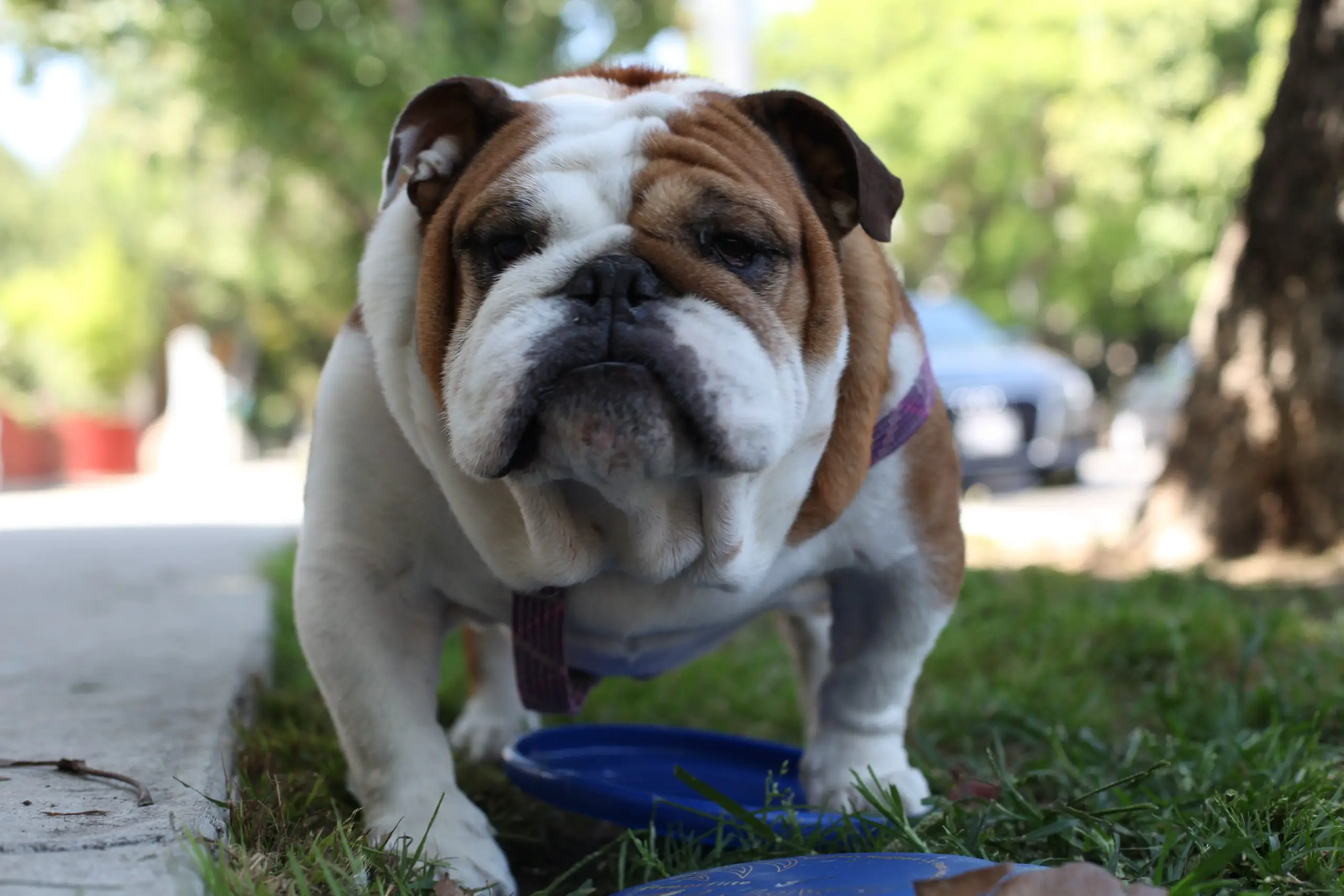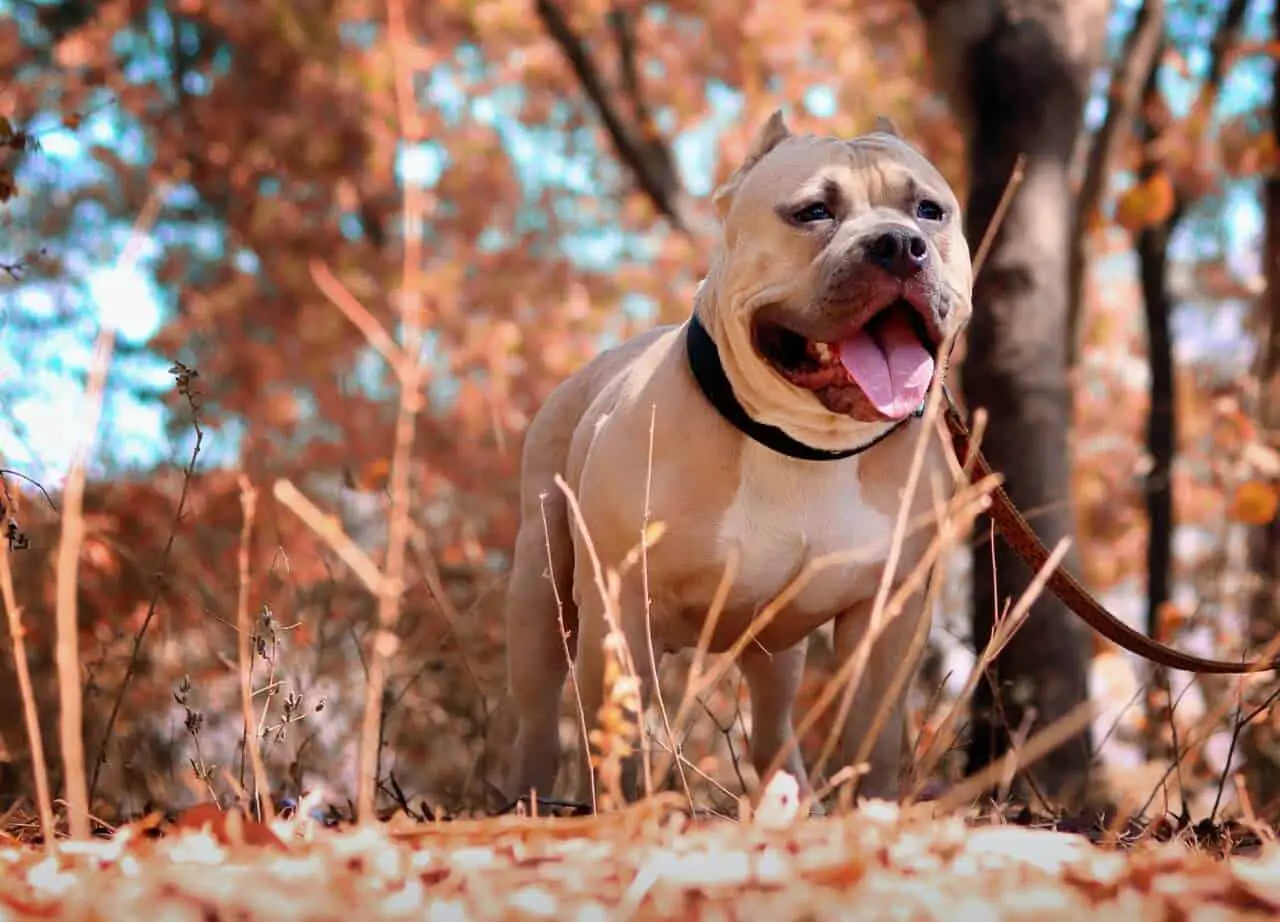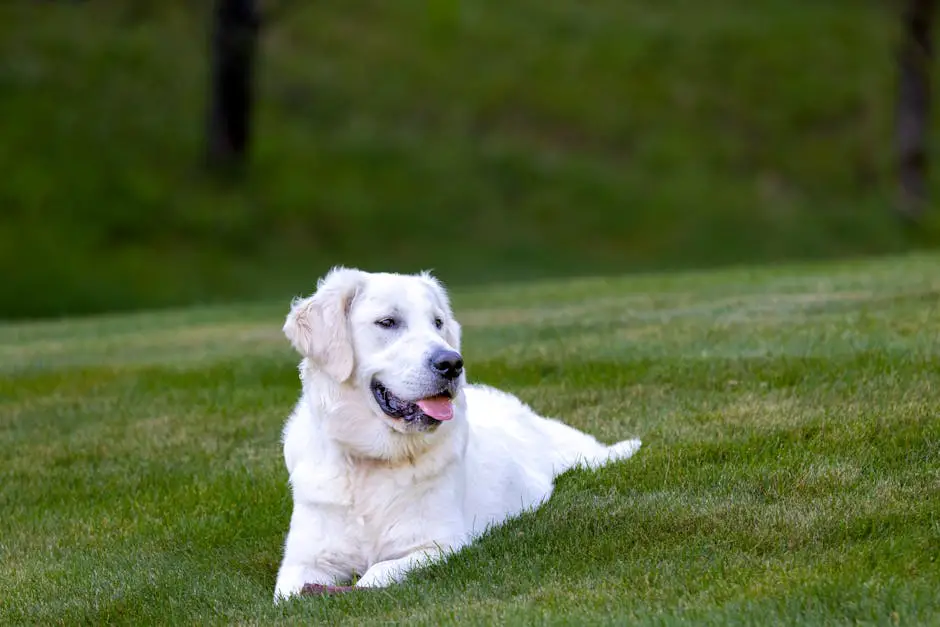Jack terriers are rarely sedentary. They’re high-energy, playful dogs. You will often see them running around, digging and burrowing, and stubbornly stalking prey.
Bred as fox-hunting canines, Jack Russell terriers need a diet that can fuel their active lifestyles. Given these facts, it’s important to know the best food for Jack Russell Terriers.
Recommended Reading: We’ve written a whole breed profile for Jack Russell Terriers that you might be interested in.
Best Food for Jack Russell Terriers
You and your dog may have a favorite dog food brand, but have you checked its nutrition label and ingredients?
While it may be a well-known brand that advertises good health for dogs, you also need to look at its ingredients and the sustenance it provides. Dog breeds are very different from each other and what may be perfect for a German shepherd or a basset hound may not be the best choice for your Jack Russell terrier. Your terrier’s age, size, and weight will also influence your choice.
To help you give your Jack Russell Terrier the best diet, here are a couple of aspects that you need to consider.
Food Type
According to the book Jack Russell Terrier: Your Happy Healthy Pet by Catherine Romaine Brown, the best food for Jack Russell terriers is a diet composed of 75% dry food or kibble.
The crunchy texture of kibble is beneficial for your dog’s oral health because it reduces tartar and plaque build-up. This type of food is also less susceptible to bacteria as long as it is stored properly.
When inspecting different food products, you’ll want to look for the following non-negotiable ingredients: a premium protein like poultry, beef, chicken, and turkey, eggs, cereals, grains, antioxidants, and vitamins and minerals.
Protein is particularly important for puppies because they need it to strengthen their immune system and organs, for growth, and cell repair.
Recommended Reading: We’ve created a list of our top picks for high-protein dog foods that you might be interested in.
Jack Russell terrier will need a minimum of 22 to 32% of protein, 10 to 25% fat, 20% carbohydrates, and 0.7 to 1.7% calcium daily. All these percentages are on a dry matter basis.
What is a dry matter basis and why should I care?
Dry matter basis refers to nutrients that ignore food’s moisture content. It allows us to make meaningful comparisons between different types of food with different moisture content for example kibble vs. canned food. The percentages on most dog food nutrition labels are the fed basis which includes the moisture content.
You can find the dry matter percentage easily enough with the fed basis percentages using a simple formula.

Calorie Requirements
On average, Jack Russell terriers weigh between 13 to 17 pounds. Dogs this size require approximately 450 to 650 calories daily. However, this can still vary based on your dog’s age, lifestyle, and physical activities. For example, Jack Russell terriers who are more than seven years old will need more calories.
On the other hand, puppies up to one year old need 800 to 900 calories daily so they can thrive and develop steadily.
Ingredients
The best foods for your energetic terrier are those with a lot of meat-based proteins. This includes beef, fish, and poultry. High-quality dry commercial kibble typically contains some, but it won’t hurt to check food labels to be sure.
It helps to keep in mind that by law dog food labels list ingredients from most to least. The ingredients listed first will have the greatest quantity while the ones listed last are the ones with the smallest amounts.
Steer clear of commercial dry food with grains like corn and wheat among its top five ingredients. It’s okay to have them listed as ingredients, but they should not constitute the bulk of your dog’s diet because they are harder to digest.
Other food elements you need to avoid are chemical preservatives like ethoxyquin, butylated hydroxyanisole, and butylated hydroxytoluene.
Food Allergies
Jack Russell terriers are predisposed towards a skin allergy called atopic dermatitis. Typical symptoms are itchy, dry, and red skin that your dog may be excessively licking or biting. Eventually, your dog’s hair will fall off in patches in infected areas.
The allergens responsible for this condition may be pollen, food, molds, and insect bites. If your dog has any skin problems, it’s best to let your vet conduct a thorough examination first. If your terrier suffers from allergies, you may need to provide a hypoallergenic diet to pinpoint the allergen causing it.
A hypoallergenic diet isn’t permanent and will generally have one protein source like venison or fish combined with a source of carbohydrates.
Jack Russell Terrier Homemade Food
Homemade food gives you control over the ingredients and is another great choice for your Jack Russell. Don’t worry. It isn’t as laborious as it sounds because you can make huge batches that you can freeze, thaw, and serve as needed.
If you want to give home-cooked meals for your Jack Russell a try, here’s an easy protein-packed ground beef meatloaf recipe that your dog will love.
Beefy Meatloaf Delight for Jack Russell Terriers
(Good for 24 servings)
Ingredients
- 1 medium-sized sweet potato, shredded
- 1 medium-sized zucchini, shredded
- 1 medium-sized carrot, shredded
- 2 pounds ground beef
- 1 ½ cup of oatmeal
- 2 medium-sized eggs
- ½ cup cottage cheese
- Flax seeds
Directions
- Combine all the ingredients and preheat the oven to 350 F°.
- Lightly coat two meatloaf pans with butter and divide the combined ingredients between them.
- Bake for 20 to 30 minutes. Don’t worry if your meat isn’t well done since dogs have been known to eat raw meat in the wild.
- To store batches for future feedings, slice the meatloaf into individual servings, insert wax paper between them, put them in zip locks, and store them in the freezer.
Jack Russell Terrier Food Amount and Schedule
This breed is known for its voracious appetite so never free-feed your Jack Russell terrier. Giving your dog free will over how much food to consume will lead to obesity.
If you’re using commercially available food, always follow the dog food manufacturer’s recommended serving size based on your pet’s age, weight, size, and activity levels.
For Jack Russell terriers, 2 to 3 measured meals daily are ideal. This will control their calorie intake and ensure that they get their daily nutritional needs.
You can follow this three-meal schedule for your dog:
Breakfast
The first meal of the day will give Jack Russells the energy they need to get through the day.
Mid-Day Meal
This can be an early or late lunch and will supplement your terriers’ energy. This is particularly useful for dogs who are most active in the mornings.
Dinner
The final meal of the day will sustain them through the night until breakfast.
In-Between Snacks
You can provide your dog snacks between meals as long as the treats you give are healthy and in moderation. Ideally, snacks shouldn’t coincide with the main meals, but since we’re talking about Jack Russell terriers, it isn’t really a major issue because of their hearty appetites.
Remember that a Jack Russell terrier’s stomach is small and can only hold a minimal amount of food at a time. By leaving enough time in between feedings, you are also promoting proper digestion.
Make Feeding Fun
Let your Jack Russells follow their hunting instincts by hiding small treats around the house or inserting kibble inside a puzzle toy.
These techniques give lively terriers a stimulating activity that keeps them physically and mentally fit.

Food Schedule for Jack Russell Terrier Puppy
The amount of food and the frequency of meals depend on the age of your Jack Russell terrier. Puppies are fed more to support their growth and development.
Here is a food schedule that you can use for your growing terrier:
Food Schedule for the 1-Month Old Pup
At this age, mother’s milk can provide all the nutritional needs of new puppies.
If, for any reason, your puppy has no access to mother’s milk, bottle-feed your pup with a milk replacement formula. At about 3 to 4 weeks, try transitioning to semi-solid food by mashing puppy food with some warm water.
It’s okay if your puppy refuses to take in solid food at this stage. You can keep trying every once in a while until your newborn pup is ready.
Food Schedule for the 2-Month Old Pup
At eight weeks old, puppies need to be fed four times a day. The total food intake should be equivalent to 8 to 12 ounces equally divided into 4 meals.
Food Schedule for the 6-Month-Old Pup
Your Jack Russell terrier can be fed 4 to 6 ounces of dog food 2 to 3 times a day at this age. You can already follow the feeding schedule of an adult Jack Russell terrier with breakfast, mid-day, and dinner meals. Alternatively, you can also do two meals a day during breakfast and dinner with slightly larger meals.
Conclusion
There’s a certain pride and joy that comes from seeing your dog grow up and become healthy and strong. Since Jack Russell’s will often gobble up food that may not be good for them, it’s up to us dog parents to make sure they have the nutrition they need in the right meal sizes.
While kibble is convenient and healthy (remember, you still need to check the food label!), it’s also satisfying to meal-prep your terrier’s meals so you know you’re only giving your pet the best.








